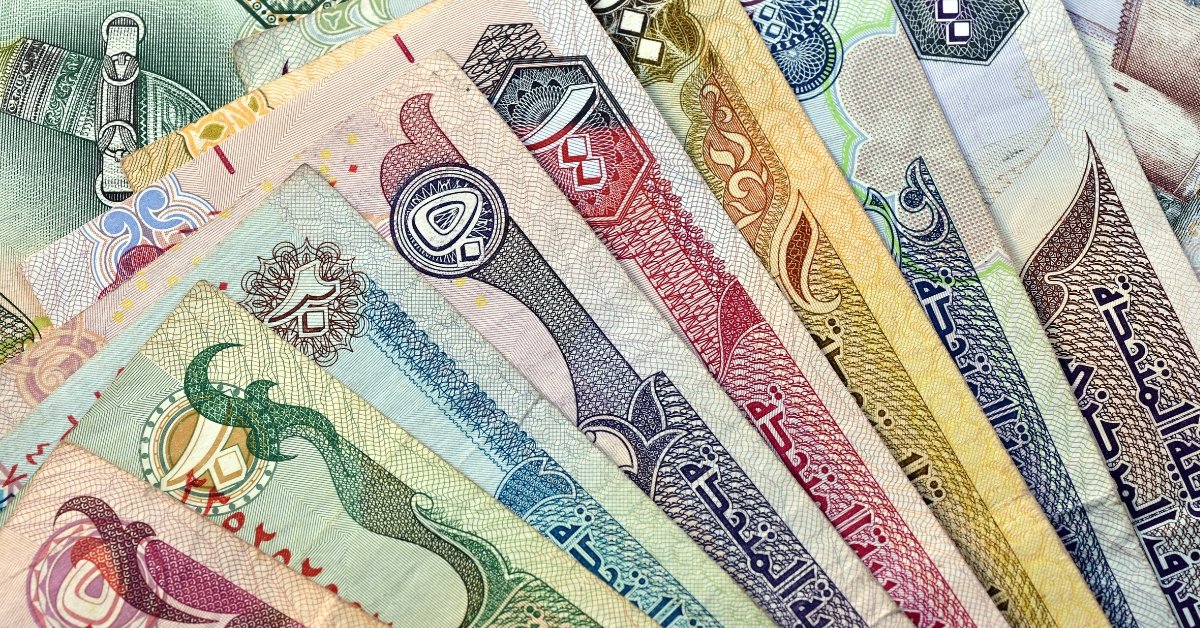How to Save Money in Dubai Towards Starting Your Own Business: Practical Tips for Aspiring Entrepreneurs
Starting a business in Dubai is an exciting venture with significant financial implications. To build your capital efficiently, you’ll need a strategic approach to saving money. Here are ten detailed tips to help you save towards your entrepreneurial dream:
1. Cook Instead of Buying Lunch and Dinner
Dining out in Dubai can add up quickly. By preparing your meals at home, you can enjoy substantial savings:
- Budget-Friendly Ingredients: Purchase ingredients in bulk and cook meals that are both nutritious and cost-effective. Staples like rice, beans, and seasonal vegetables are affordable and versatile.
- Meal Prep: Spend a day each week preparing meals in advance. Use containers to portion out meals for the week, reducing the temptation to eat out.
- Avoid Eating Out: Limit dining out to special occasions. This will significantly reduce your weekly expenses.
2. Partner with Like-Minded Individuals
Pooling resources with trusted partners can make saving and starting a business more manageable:
- Shared Financial Goals: Set up a joint savings account with partners who share your business goals. Digital banks like LIV by Emirates NBD allow for goal-based savings accounts where you can track contributions and progress together.
- Resource Sharing: Share costs for essentials like office space, equipment, or software licenses. This reduces the burden on individual finances.
- Regular Meetings: Schedule regular check-ins with your partners to review financial progress and adjust strategies as needed.
3. Utilize Digital Banks for Goal Savings
Digital banking offers innovative ways to manage and grow your savings:
- Automated Savings Plans: Use features like automated transfers to your savings account. Set up a regular transfer that aligns with your budget and savings goals.
- Real-Time Tracking: Monitor your savings with mobile apps provided by digital banks. These apps often offer insights and budgeting tools to help you stay on track.
- Customizable Goals: Set up specific savings goals within your account, such as “Business Start-Up Fund,” and track your progress towards these milestones.
4. Cut Unnecessary Expenses
Reevaluate your spending habits to identify areas for savings:
- Subscriptions and Memberships: Review your subscriptions and memberships. Cancel those you rarely use or find more cost-effective alternatives.
- Lifestyle Adjustments: Consider downsizing your living situation or making other lifestyle changes that reduce monthly expenses.
- Compare Prices: Always compare prices before making purchases. Use price comparison tools and apps to find the best deals.
5. Reinvest Savings Wisely
Once your savings start to grow, make sure to invest them wisely:
- Low-Risk Investments: Look into low-risk investment options such as savings bonds or certificates of deposit. These can provide a steady return without high risk.
- High-Yield Savings Accounts: Consider placing your savings in high-yield savings accounts that offer better interest rates.
- Diversify Investments: Explore various investment opportunities to diversify your portfolio and minimize risk.
6. Utilize Discounts and Cashback Offers
Take advantage of deals to maximize your savings:
- Discount Apps: Use apps and websites that aggregate discount codes and cashback offers. Many retailers offer promotions that can help you save on everyday purchases.
- Loyalty Programs: Sign up for loyalty programs at your favorite stores and restaurants to earn points and receive exclusive discounts.
- Seasonal Sales: Shop during seasonal sales and clearance events to get the best deals on necessary items.
7. Adopt a Minimalist Lifestyle
Embrace minimalism to reduce costs and simplify your life:
- Declutter: Regularly declutter your home to avoid unnecessary purchases. Sell or donate items you no longer need.
- Focus on Essentials: Buy only what you truly need and avoid impulse purchases. This can help you stay focused on your savings goals.
8. Use Public Transportation
Public transportation in Dubai is both convenient and economical:
- Cost-Effective: Using public transit instead of owning a car can save you money on fuel, parking, insurance, and maintenance.
- Travel Passes: Purchase monthly or annual travel passes if you use public transport frequently. These often offer significant savings compared to individual tickets.
- Plan Your Routes: Use apps and resources to plan efficient routes and avoid peak travel times.
9. Negotiate Bills and Contracts
Negotiation can help lower your monthly expenses:
- Utility Bills: Contact your utility providers and ask for discounts or better rates. Many providers are willing to negotiate to retain customers.
- Service Contracts: Review and negotiate service contracts for internet, phone, and cable services. Shop around for better deals and switch providers if needed.
- Review and Adjust: Regularly review your contracts and bills to ensure you’re getting the best possible rates.
10. Create a Budget and Stick to It
A well-planned budget is crucial for effective saving:
- Detailed Budget: Create a comprehensive budget that includes all income sources and expenses. Categorize expenses to identify areas where you can cut back.
- Track Spending: Use budgeting apps or spreadsheets to track your spending and ensure you stay within your budget.
- Adjust as Needed: Review and adjust your budget regularly based on changes in income or expenses. This helps keep your savings plan on track.
Conclusion
Saving money in Dubai towards starting your own business doesn’t have to be overwhelming. By cooking at home, partnering with trusted individuals, utilizing digital banking tools, and implementing these additional strategies, you can make substantial progress towards your entrepreneurial goals. Every small action contributes to your overall savings, and with disciplined planning, you’ll be on your way to realizing your business dream.
For more tips on managing finances and starting a business in Dubai, stay connected with Maldbury & Co.

